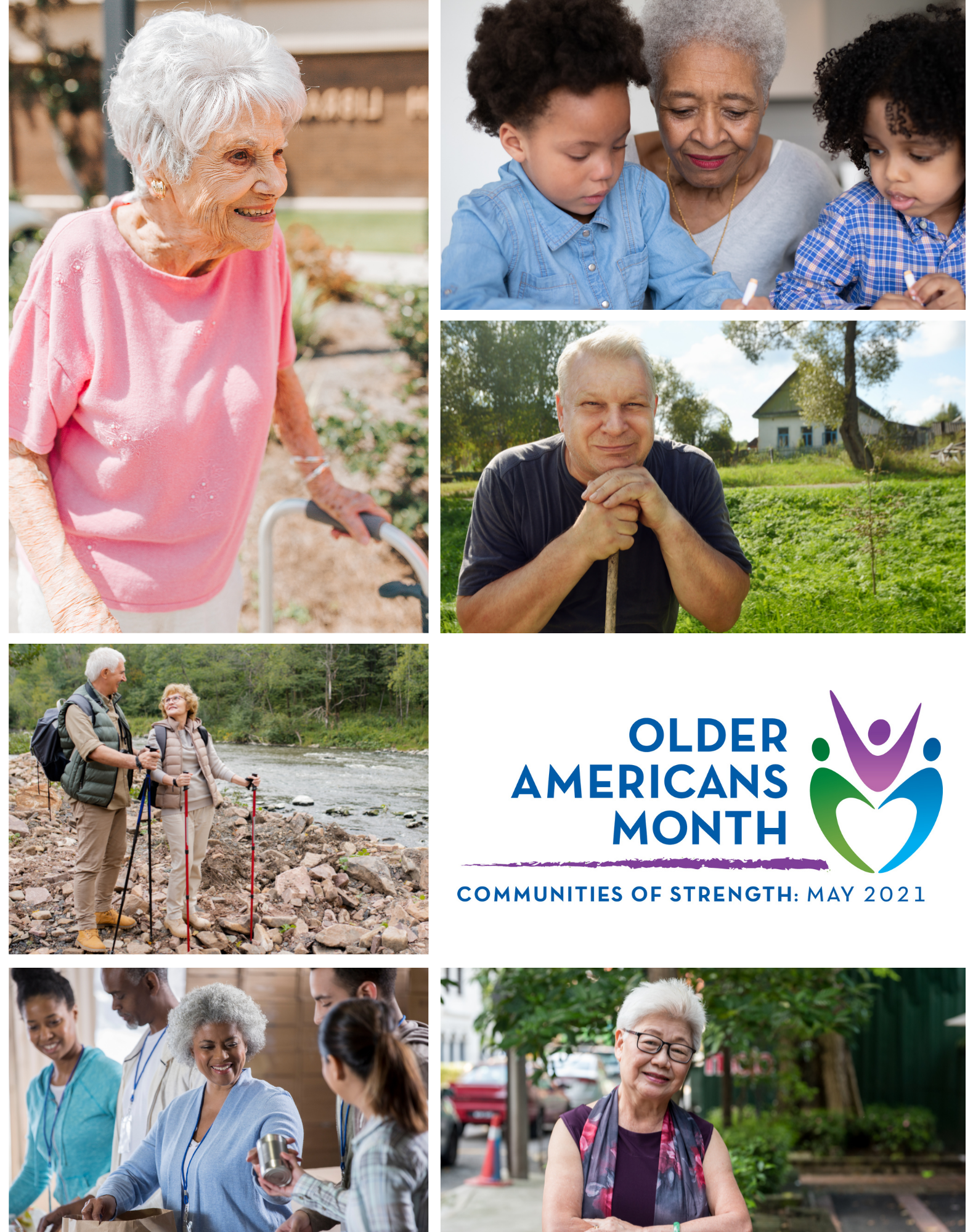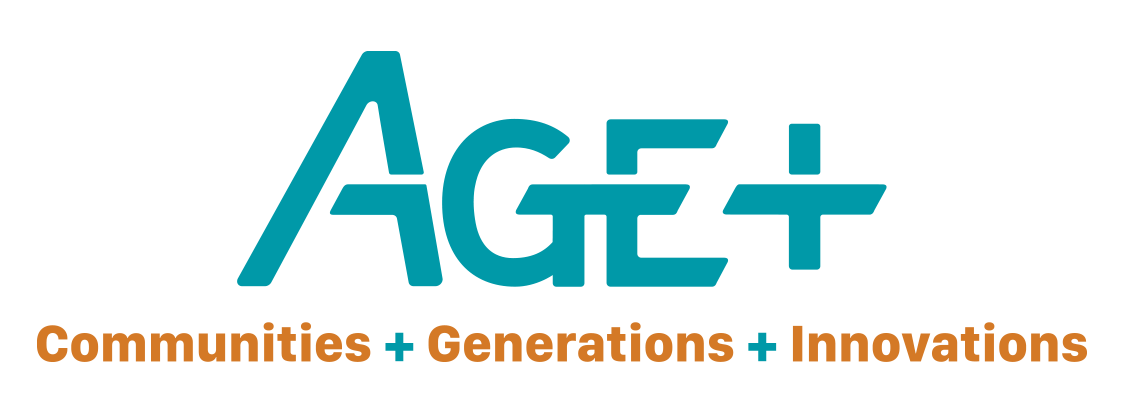May is Older Americans Month and this year’s theme, “Communities of Strength,” resonates greatly with our work and mission at AGE+. We’re taking this opportunity to recognize and celebrate how vital older adults are to the fabric of communities across Oregon. They are volunteers, experienced workers, caregivers, community leaders, advocates and more. If you missed last month’s Ageless Awards, click here. You can’t help but be inspired by our honorees!
With this strengths-based philosophy in mind, we encourage you to take a moment to think about common language we hear that, while unintentional, can reinforce ageist stereotypes instead of honor the achievements, contributions and wisdom of older adults.

Here are some things to think about in our everyday language:
- “Older person” or “older adult” are preferred terms. Words like “senior” or “elderly” are often associated with negative stereotypes older adults experience.
- Using words like “weak” or “vulnerable” to describe people solely based on their age or the presence of disability can be inappropriate. If our systems were more equitable and provided the supports necessary for all to thrive, communities and individuals alike would be stronger.
- While likely well-intentioned, compliments that include “for your age” reinforce ageist stereotypes.
- Consider omitting the word “still” when describing an activity an older adult is doing. Saying something like “still working” implies that age should be a hindrance. Many older adults are working, enjoying physical activities and much more.
- It can be insulting to refer to an older person as “young,” even if you are attempting to be endearing.
Aging is living! It’s something people everywhere experience. Please consider the suggestions above. Making simple adjustments is an essential step toward recognizing the value of older adults and deepening the connections we feel to each other.
There have been many lessons learned through the challenges of the past 15 months, and we’ve seen first-hand that communities are stronger because of older adults. As we “return to normal,” now is the time to use our knowledge and experience to set a new vision for stronger, more equitable aging for all Oregonians.


Recent Comments